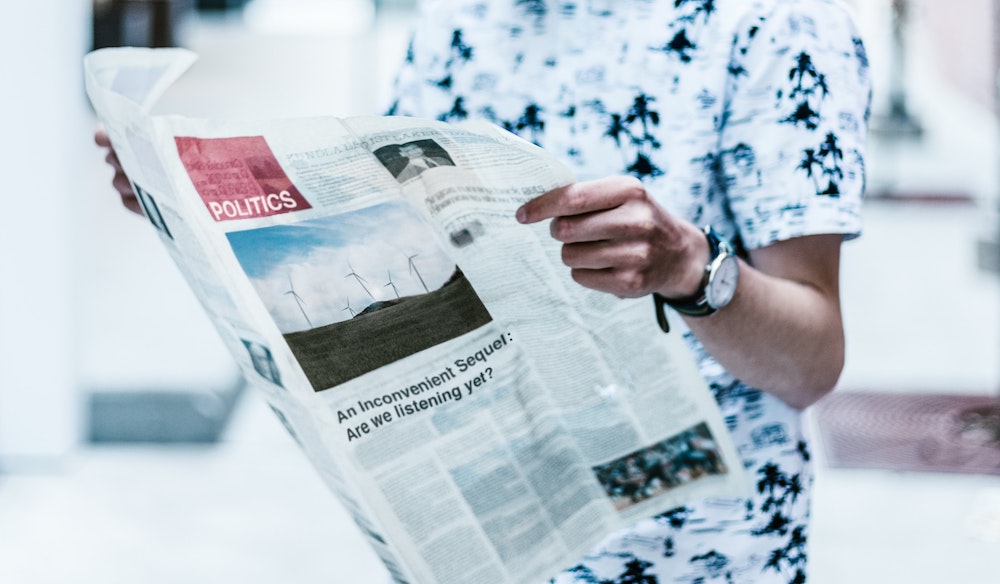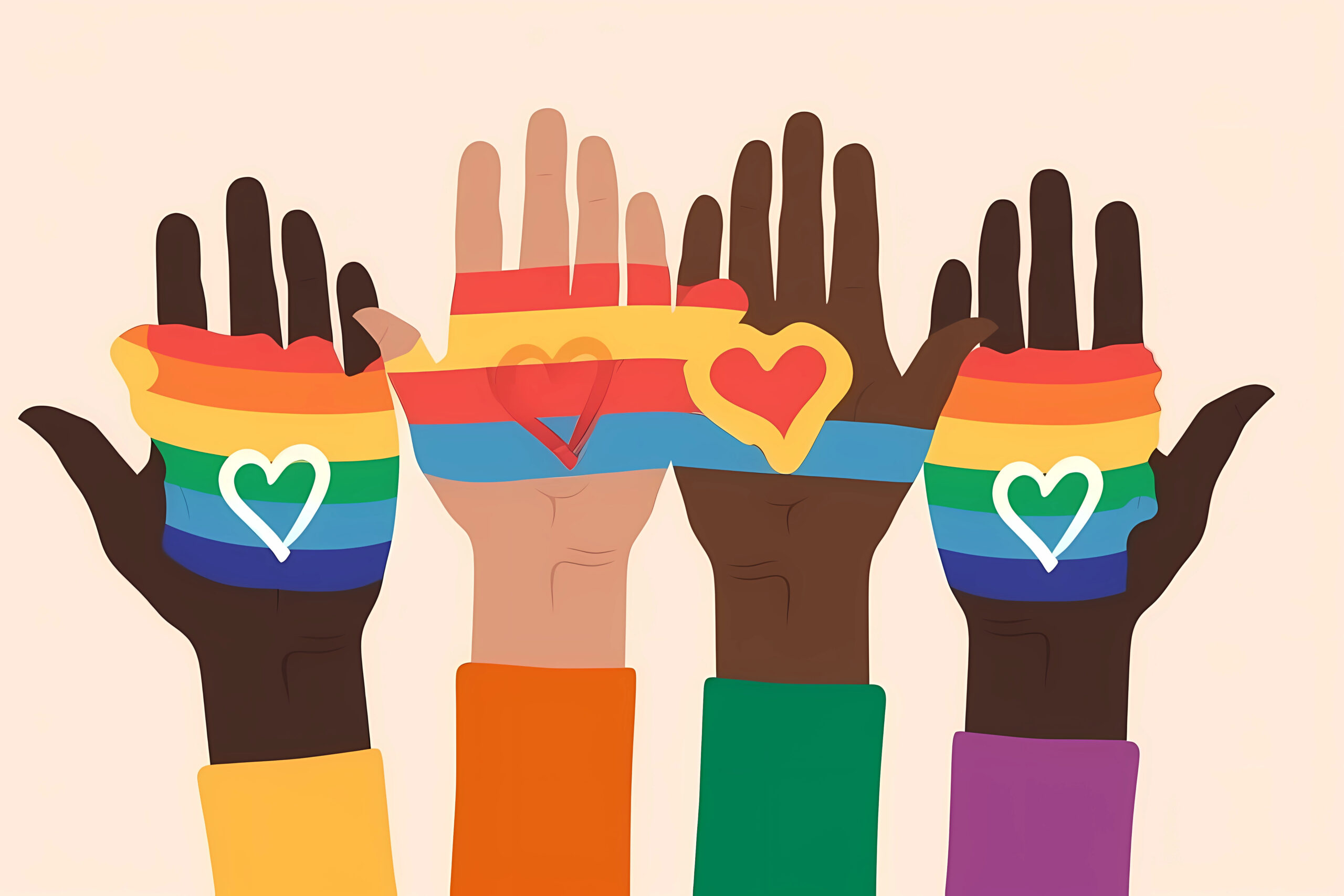Are Freelancers More Politically Active Than Traditional Workers?
The freelance economy is B-O-O-M-I-N-G. The American dream is being recrafted for the 21st century. The farms, fields, and cubicles of yesteryear are giving way to co-working spaces, laptops, and digital nomadism.
During the past five years — despite a job market offering more full-time jobs — Americans are increasingly choosing to freelance. In fact, more than one in three — or 35% — of Americans freelanced in 2018. According to a recent study called Freelancing in America 2019, the most comprehensive study to date of the independent workforce, there are 56.7 million Americans doing freelance work today — up 3.7 million since 2014. The study, which was commissioned by the Freelancer’s Union, looked at more than 6,000 workers and found that workers are spending more than 1 billion hours per week freelancing — up from 998 million hours in 2015. By all measures, the freelance economy is in ascendancy — and with the numbers of independent workers growing, ripple effects will be felt across multiple sectors.
So what does this mean in terms of political engagement?
One voter segment you scarcely hear anything about is freelancers. This isn’t surprising as most independent workers have been seen as economic outsiders — less politically neat to categorize than middle-class USA and less obviously visible than the vaunted “one percent” — presenting a bit of a pickle to politicians seeking definitive stances in the more classically delineated corners of the workplace economy.
New York is fertile ground for freelancers — think designers, stylists, musicians, writers, nannies, filmmakers, bookkeepers—which helps explain why it’s the home of the Freelancer’s Union. “Freelancing in America report demonstrates the remarkable growth of the freelance workforce over the past five years,” said Caitlin Pearce, Executive Director of the Freelancer’s Union. Independent workers are fast becoming a backbone of the American economy, but they face unique challenges. Issues like affordable and accessible health care, retirement, higher pay, and workforce development training to update skills are particularly germane to freelancers. And with the independent workforce growing, attention to these concerns is on the rise.
One of the key findings in the Freelancing in America study is that freelancers are more politically active than traditional workers.
The world of independent workers is broader than you think and less homogenous. But there are some things that connect the independent working class — greater vulnerability to outside economic forces. Just slight shifts to the economy can have outsize effects on freelancers, which is perhaps why independent workers vote at a far higher rate than the general population. But the study also found that most freelancers don’t feel well-represented by their elected politicians. Politicians and policy makers take note: a whopping 72% of freelancers surveyed said that they’d be willing to cross party lines to support candidates that advocate for freelancers’ interests. Freelancers are “more politically active than the general population” — shared Pearce — “and they’re looking for policymakers to take notice.”
Here’s where organizations like Freelancer’s Union come in. As the largest and fast-growing organization representing the millions of independent American workers across the United States, it provides its 450,000+ members a voice through political advocacy, community, and benefits. As the ranks of freelance workers grows, so does the political impact of the non-traditional worker — and the need for representation. Due in part to the efforts of the Freelancer’s Union, some key reforms were pushed through, including the Unincorporated Business Tax reform and successful advocacy for new health care models that fit the needs of independent workers. And in New York City, reforms provide freelancers unparalleled protections from non-payment.
Freelancers could be key to the upcoming Presidential elections. Here’s why.
The study showed political activity as being 18 points higher than for traditional workers. 51% of freelancers self-identified as politically active versus 33% of non-freelancers — and more than seven in 10 value support for freelancer interests over party loyalty. This means that to win freelancer votes, candidates will need to focus on making health care more affordable and accessible, along with supporting higher pay and plans for retirement savings.
Freelancers are aware that politicians are ignoring the needs of freelancers, who don’t have the safety net of programs like unemployment that might ease financial stress. We have yet to see any national-level politicians focusing on this growing constituency, but with half the population forecast to be freelancing by 2027, independent workers will be much harder to ignore going forward.
About the author.
An award-winning creator and digital health, wellness, and lifestyle content strategist — Karina writes, edits, and produces compelling content across multiple platforms — including articles, video, interactive tools, and documentary film. Her work has been featured on MSN Lifestyle, Apartment Therapy, Goop, Psycom, Pregnancy & Newborn, Eat This Not That, thirdAGE, and Remedy Health Media digital properties.



